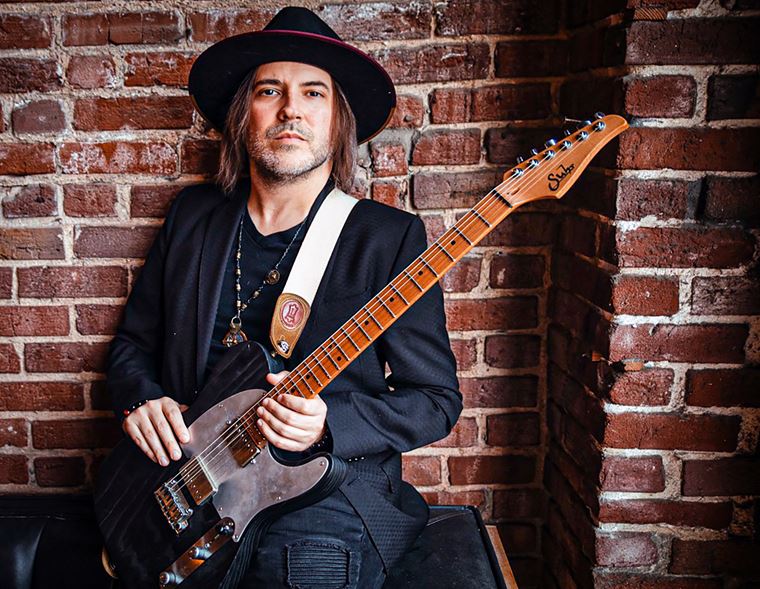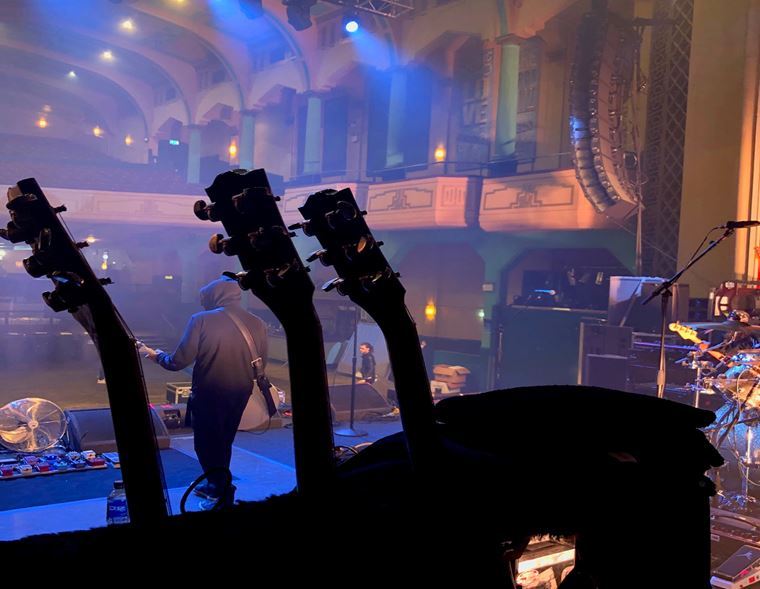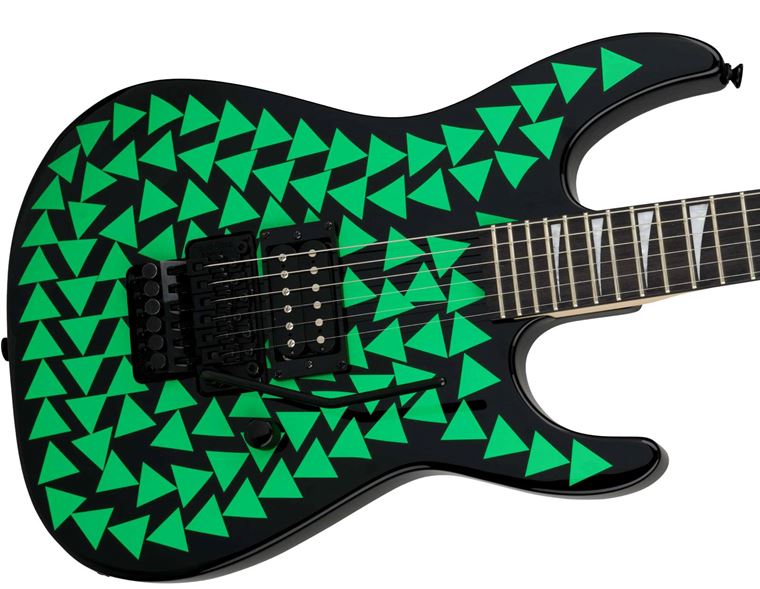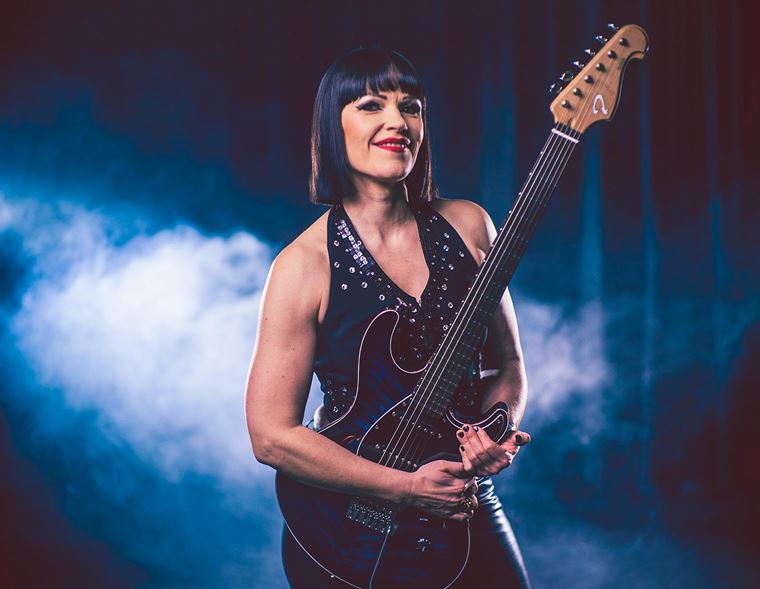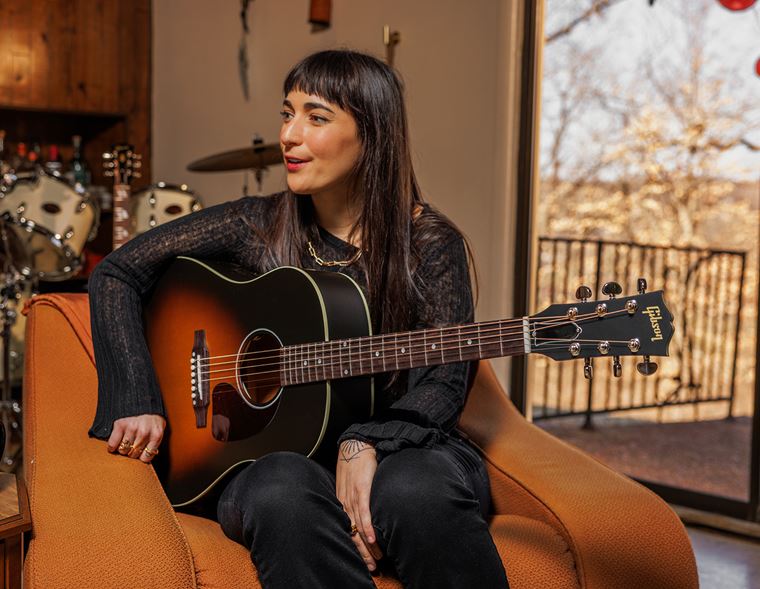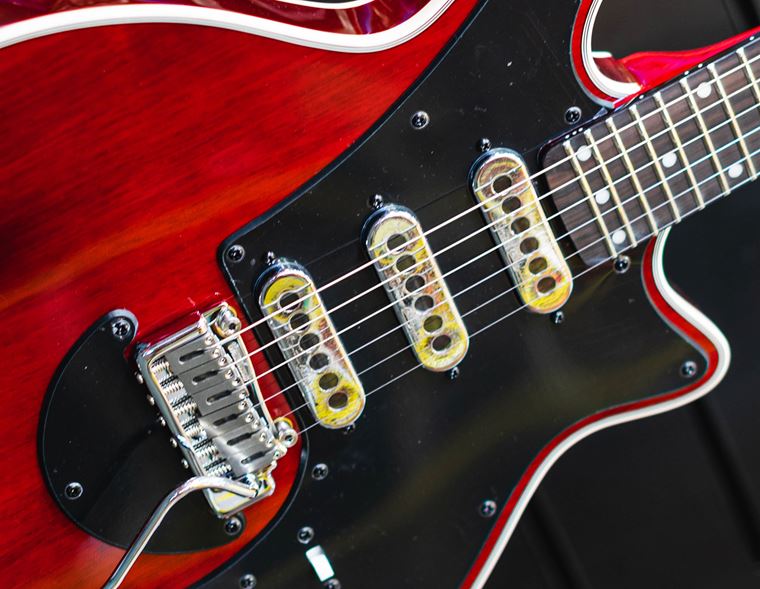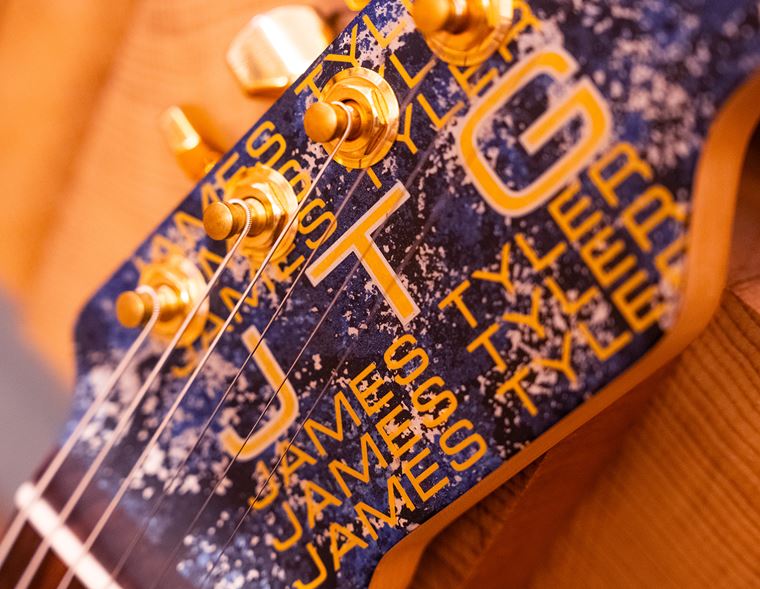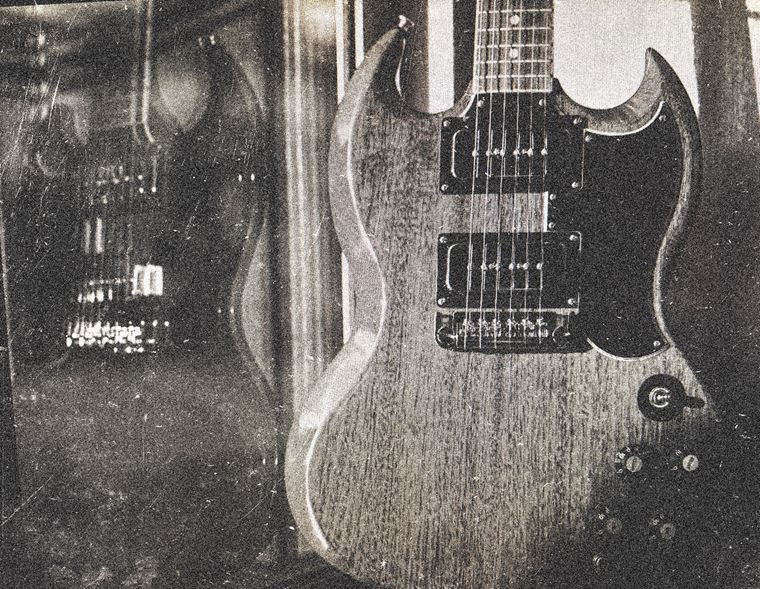Our Top Tips for Playing with Other Musicians
Live music is a beautiful, fascinating and enchanting art form which as guitarists, we each have a unique appreciation for. There’s something magical that happens when a group of musicians come together and create something totally unique. Playing with others allows you to bounce ideas off one another, improvise and come up with parts you’d never think of by yourself. However, it’s not without its challenges.
Some guitarists naturally fit in with a band and others find it tough to adjust to. If you’ve only ever practised yourself, suddenly having 3 or 4 other moving parts to sync up with is going to take a bit of getting used to. So, we thought we’d put together a few basic tips for getting into that zone and approaching jam sessions, rehearsals and all that other fun stuff.
It’s not all about you
If your background has largely been practicing alone, the first adjustment you’ll need to make is figuring out where you fit in with the people around you. Even if it’s your band, every move has to be made with your fellow musicians in mind. That means considering, is this solo too gratuitous? Will an audience want to hear this? Are my band mates getting frustrated that they constantly have to fall in line with me? Take a step back from your own playing and think about the bigger picture. You’ve come together because you want your music to sound great, so it’s important that every one of you contributes to your collective vision.
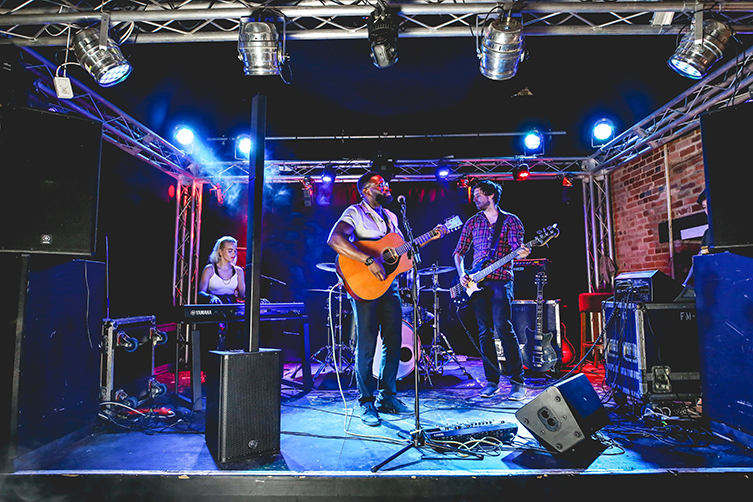
Bruce Springsteen is the lead vocalist AND guitarist with the E Street Band… But as much as he’s the star of the show, he never oversteps his mark and always keeps his band sharp with visual cues of what he’s about to do. He recognises that without them, he wouldn’t have the perfect backdrop for his songwriting. Getting into this mindset will help you and your band’s sound massively. Communicate with each other, ask what you could have done better and offer them the same constructive feedback - trust us, it’s important.
Pay attention to your volume and tone
Tip number two is nice and simple - get your amp set up properly before you start playing. Tone matters, there’s no doubt about it. Tone can be the difference between a rehearsal where you feel like you’ve nailed it or one where something was lacking. Take a few minutes before you start playing to dial in your amp until you know it sounds great. Get a level from your band mates so you can adjust and leave yourself room to boost or drop your signal with your control knob. After this, if you’re using any pedals, run through them one by one and make sure they’re not going to blow the roof off when you engage them. This seems so simple but you’d be amazed at the amount of guitarists who continue to deafen a room and totally overstep their part of the jam.
.jpg)
Don’t fret about whether you’re holding up the session because everyone wants the group to sound the part and they’d be more annoyed if your guitar sounded totally out of place. The guitar takes up a lot of space in the mix so make sure you’re clearly audible and have space to crank it up for lead parts without stepping on anyone's toes!
Look up
Here’s a biggie and something we often see beginners having a hard time with… Looking up!!!! We understand that for complicated parts, your eyes often end up glued to your fretboard or picking hand to help you work out where your fingers need to be. That’s totally fine, of course. However, your band need to know what’s going on inside your head if they’re going to keep up with you. With that in mind, make a conscious effort to glance up and assess what’s going on every now and then.
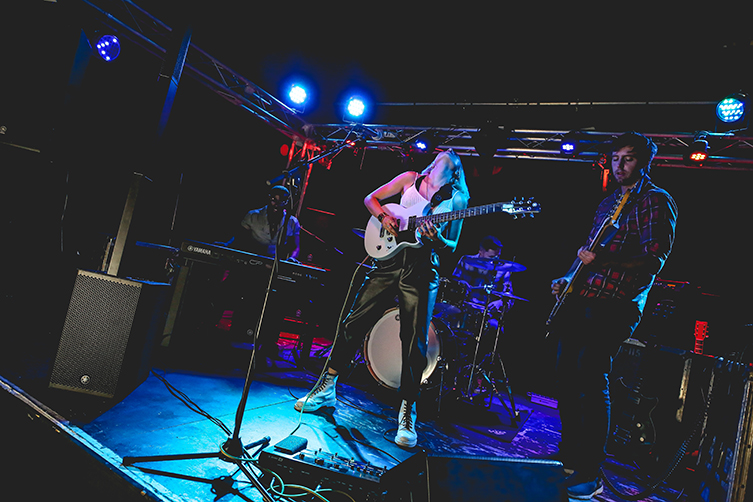
Do you see a look of confusion in your bass player's face? Quite possibly! Like we said earlier, signalling your band mates is crucial to keep everyone in line with each other. There’s nothing worse than thinking that you’re bossing a solo only to finally look up and realise everyone is staring at you because you’re a verse too early. A little non verbal communication goes a long way and the longer you play together, the more you’ll naturally develop intuition that allows you to become tighter.
Get comfortable with your band mates
Playing music with others can get emotional and awfully serious at times but the best parts aren’t like that at all. They’re fun, spontaneous and even totally daft. Do you know how many great songs started out as joke jams? Probably more than most artists would care to admit! Your band are your partners in rock so treat them well. The more you build rapport and solid communication, the more your ideas will develop together . Spend time together outside of your rehearsals when possible and stay in touch to fire ideas over to each other.
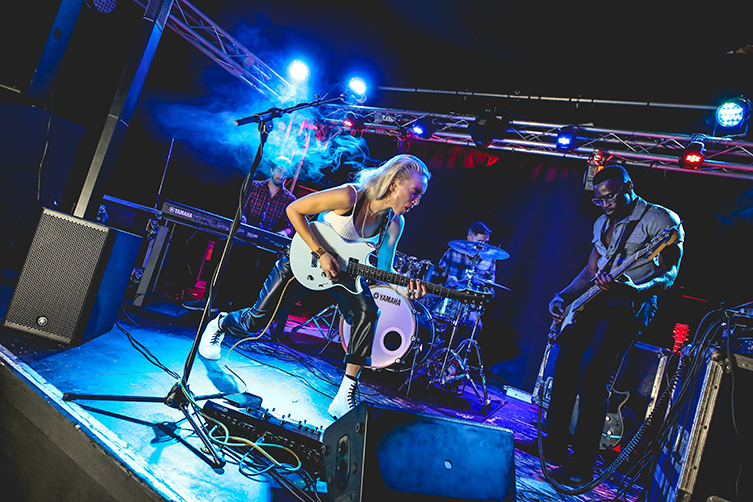
Sometimes moments of genius happen in your own practice and sending them over to your mates to get vibed up on for the next session is so beneficial. Even if you start to get sick of a riff or song you wrote, when you hear other instruments building on it you might realise you’ve created something amazing. The tighter you are and the more comfortable you become in each other's company, the easier it will be to let creativity flow.
Have confidence
Playing live music, whether with a band, in a jam session or even on your own requires a great deal of confidence. It’s daunting to share your vision and play in front of people, there’s no getting around that. What’s important to remember is that everyone around you is in the same boat. All of your band mates have had to adjust to this too and they’re not going to judge you at all!
.jpg)
Your ideas are every bit as important as theirs so make sure your voice and indeed your guitar is heard! That means that if you know it’s time to rip out a big improvised solo and you’ve got the chops to do it, then go for it. Or, if you’re hearing something that isn’t quite right then step up and mention it. Once your group find their groove, everyone’s input is crucial so don’t feel like you can’t share your two cents. Experiment with new tones, techniques and sounds to push the limits of what you’re doing. In fact, even bring new instruments into the mix! Follow your creativity and see where it takes you, your band will thank you for it.
Final Thoughts
As with all music, the most important part of playing in a group or jam session is to have a laugh and not put too much pressure on yourself. If you’re just starting out, pick a few covers that you fancy tackling to help you get a feel for your fellow musicians - it’ll help you to work out the kinks and give you a bit more confidence when it comes to writing your own stuff. Put the practice in and all of this will start to become second nature, we promise!


